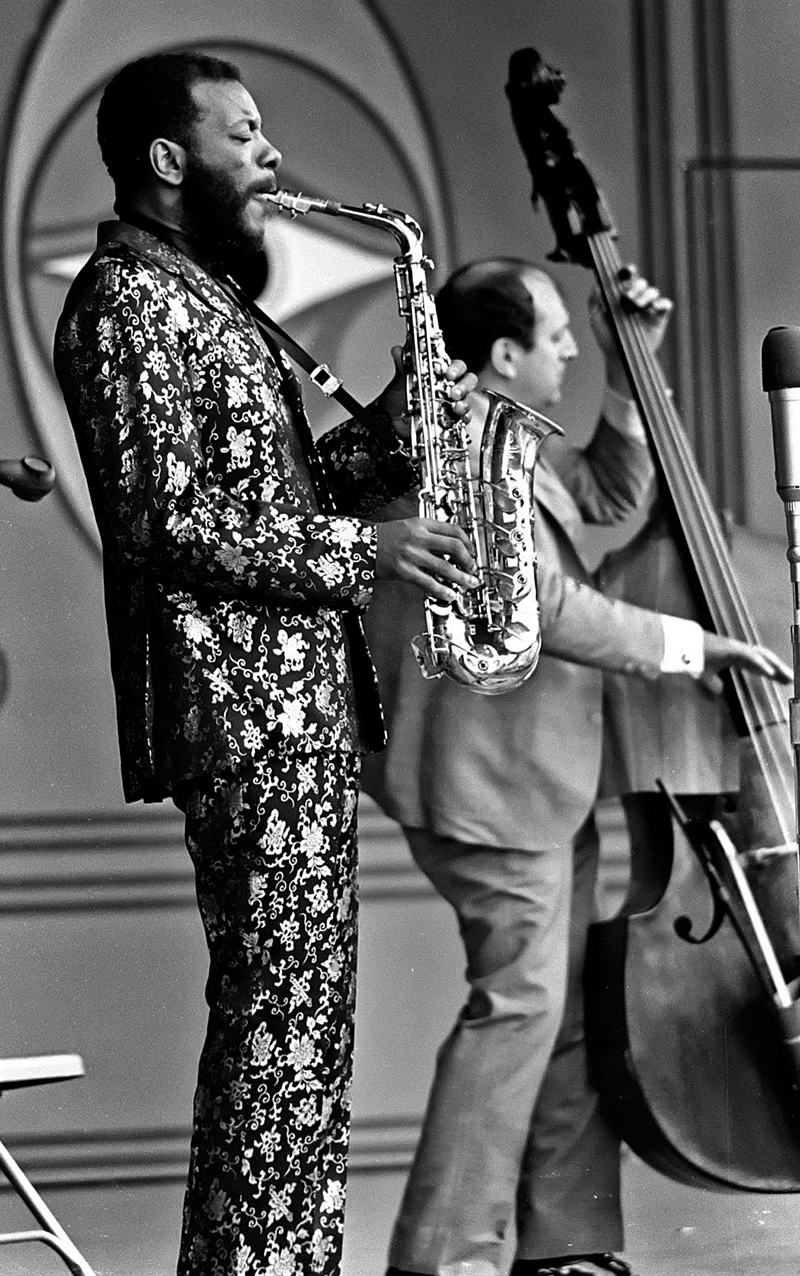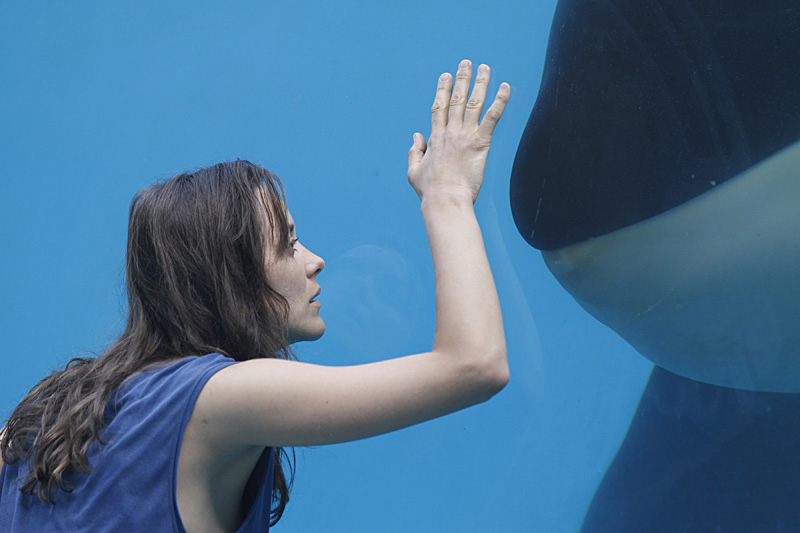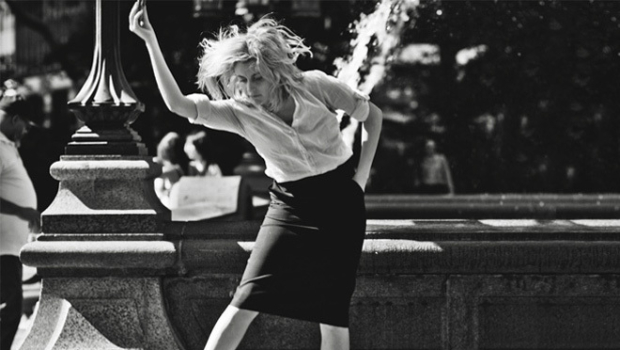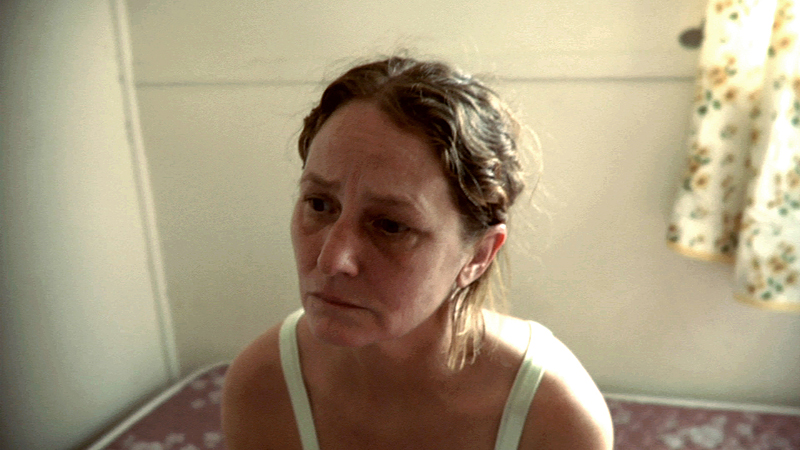The invaluable American independent filmmaker Shirley Clarke (1919–1997) once said: “There is no real difference between a traditional fiction film and a documentary. I’ve never made a documentary. There is no such trip.” Her genre-blurring claim applies to all her features, of which 1985’s Ornette: Made in America is the last. A funky nonfiction tribute to the great avant-garde saxophonist Ornette Coleman and the second impeccably restored release this year from Milestone Films’ vital “Project Shirley,” Ornette upends the staid portrait-of-the-artist formula and tinkers with and discards the conventions of the bio doc just as its pioneering subject exploded those of jazz. The film opens with Coleman and his band, Prime Time, returning to his hometown of Fort Worth, Texas, in September 1983 after a 25-year absence to perform twice: a nightclub set at the opening of the Caravan of Dreams cultural center, and his 1972 opus, Skies of America, with the Fort Worth Symphony at the snootier Convention Center. Clarke blurs time, space, and formats; the performance footage, expertly shot on Super 16 by Ed Lachman, and other moments (including scenes of Coleman reminiscing with old-timers about busing and segregation) form the loose through line of Clarke’s film while highlighting the legacies of racism. “Ornette has pursued what he wants to do—this got him branded as an eccentric in his youth and a genius now that he’s older,” New York Times critic John Rockwell says in the film. (Coleman, born in 1930, is still performing.) Clarke followed a similar path; more just need to discover her genius.
Ornette: Made in America: The 1985 Jazz Documentary Gets a Second Spin








